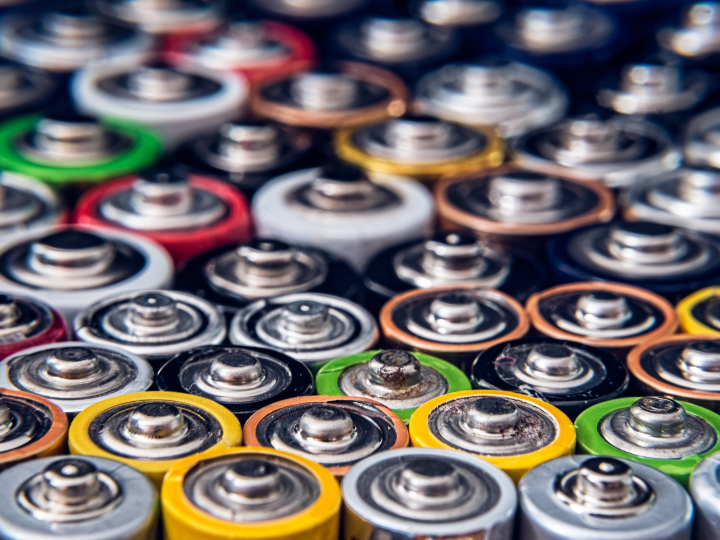by Stephan Richter*
The German debate about the country‘s economic relations with China has long been based on the premise that there is a broad convergence between the interests of German corporations operating in the People’s Republic and Germany’s wider national economic interests. That view of a basic harmony is now beginning to be seriously contested.
Beyond mercantilism, at last
This change represents progress. Political and economic decision makers in Germany have long operated in a very mercantilist fashion. Due to Russia’s invasion of Ukraine, German policymakers have been forced to rethink the connection between economic policy and geopolitics.
Risk management is an important discipline to master for anyone interested in lasting economic success. Not everything one can sell (for a good price) or buy (cheap) aligns with a nation’s economic interests.
Unfortunately, the German political establishment has been quite immune to drawing the proper consequences from this fundamental insight.
Yes, Germany must question its economic model
What is especially worrying is that the Germans are still slow to recognize the true dimensions of their China problem. The mainstream debate is still rooted in a dual assumption: First, the German car industry is central to Germany’s economic success. And second, because its main car manufacturers are dependent on the Chinese market for sales, Germany must placate the Chinese leadership.
It is only of very late, as evidenced by the long overdue moves to get Huawei out of Germany’s telecoms infrastructure, that the German government is moving away from granting a special role to the Communist dictatorship in China.
Even now, questioning Germany’s special “China Connection” is considered inopportune. Merely raising this issue is viewed as questioning the viability of Germany’s overly export-dependent economic model.
A strategic challenge for Germany
So far, the focus of debate has been primarily on China’s importance as a sales market for German exporters. According to the Federal Statistical Office, German companies exported goods worth 107 billion euros to the People’s Republic last year, which corresponds to 2.8% of German GDP.
Strategically worrying is a new trend that can be seen in the latest figures on German imports from China. In 2022, Germany’s trade deficit with the People’s Republic rose to 84 billion euros. That is about four times more than the average since 2004.
It’s the energy costs, stupid!
The energy costs of German industrial companies are expected to double or triple compared to 2021, putting great pressure on them to contain costs. In addition, the German government is becoming ever more focused on reducing CO2 emissions.
One way out of this is for German companies increasingly turning to Chinese suppliers, thus effectively shifting emissions from the ever more costly production at home to importing intermediate goods from China.
A significant loss of competitiveness
It may seem reassuring at first when Karl Haeusgen, President of VDMA, the German Engineering Association, warns against China’s “aggressive economic policy” and calls for companies to concentrate on markets “beyond China.“
What he fails to take sufficiently into account, however, is the fact that German companies are facing a significant loss of competitiveness due to narrow-minded national energy policies.
German government shoots ecological own goal
In order to cushion this challenge, the German economy, with its export orientation and high energy intensity, is in a precarious position.
After the loss of Russian natural gas as a “bridging technology,” it must guard against a “liaison dangereuse” with China due to costs and, to some extent, capacity. That would be the exact opposite of the geopolitically indicated diversification strategy.
German industry – a Foxconn of sorts?
Under such circumstances, Germany is at risk of becoming a final assembly site for Chinese suppliers – a kind of Foxconn, only not for iPhones. This is especially true for the wind and solar energy sectors, heat pumps and electric car batteries.
Chancellor Olaf Scholz’s economic diversification strategy, as seen during his visits to India, Brazil, Chile and Argentina, is intended to counter this. However, even assuming the strategy does materialize, it will do little to reduce the China risk in the short term.
Germany’s creeping deindustrialization
In addition, viewed in a global context, the creeping deindustrialization of Germany (by virtue of buying in from China to contain costs) will inevitably be associated with relatively higher emissions embedded in imported products.
CO2 emissions associated with production in China can be assumed to be around three times higher for a given product than would be the case with comparable production in Germany.
Conclusion
In this respect, the widening of Germany’s trade deficit with China, viewed in a global emissions context, means one thing above all – a massive own goal by the Scholz government that is otherwise so keen on advancing the cause of climate neutrality.
*Director of the Global Ideas Center, a global network of authors and analysts, and Editor-in-Chief of The Globalist
**first published in: Theglobalist.com




 By: N. Peter Kramer
By: N. Peter Kramer